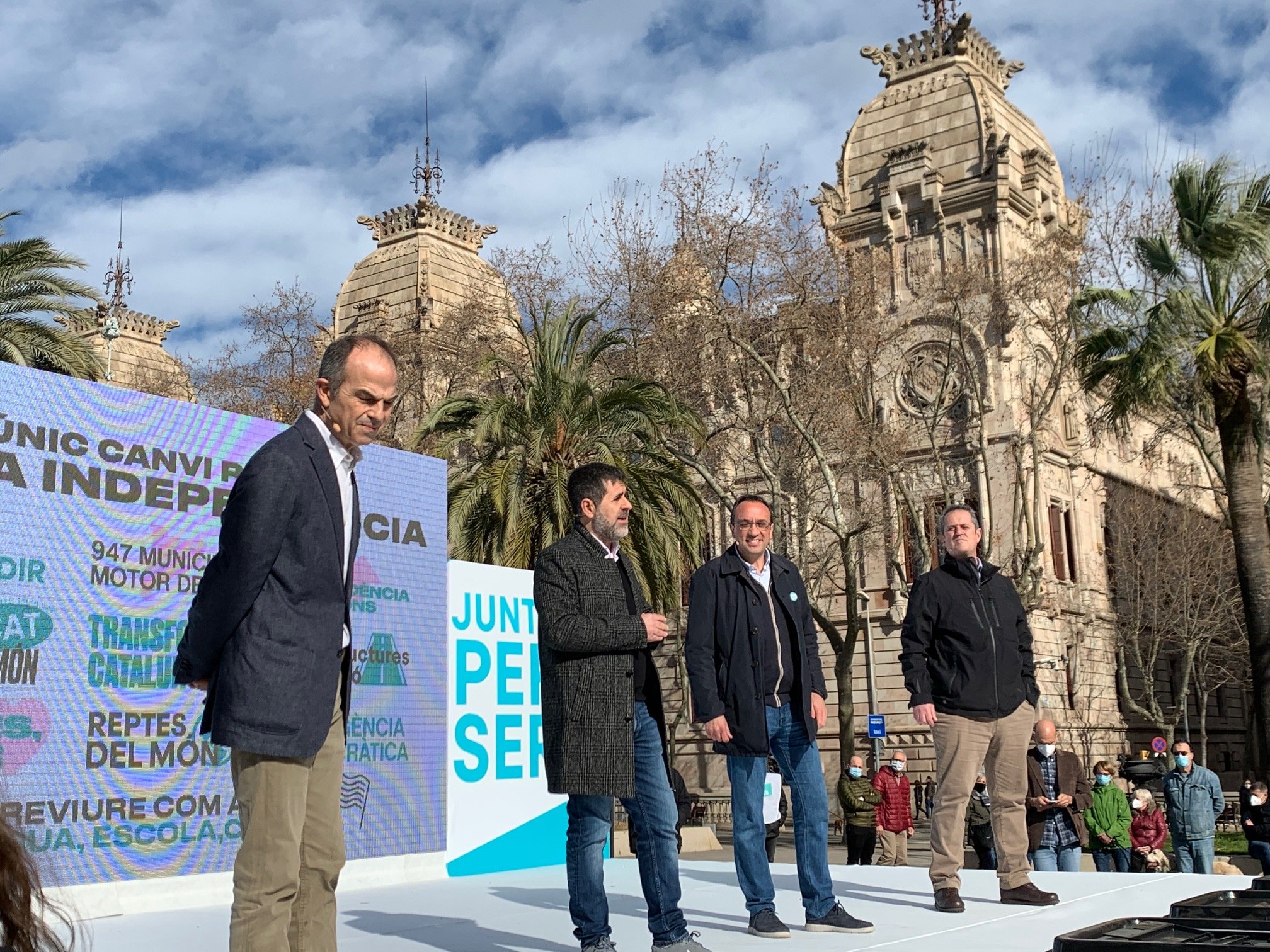All nine of the Catalan political prisoners have now decided not to defend their proposed pardons before the Spanish Supreme Court. This afternoon, Jordi Sànchez, Josep Rull, Jordi Turull and Joaquim Forn also announced that they would not respond to the court's request for submissions on the question.
After meeting today with their lawyer Jordi Pina in Lledoners prison, Sànchez, Rull and Turull, in relation to the report on the pardons, the three political prisoners have decided not to present any argument to the court.
"Our clients do not feel addressed by the Supreme Court's request, and therefore will not file any submission," Pina said in a statement that the lawyer sent to the media.
Joaquim Forn, represented by lawyer Xavier Melero, made the same decision this afternoon.
The decision of these four political prisoners - all close to the Junts political party - is in line with that made by the prisoners who are ERC politicians, who today also made public that they will not present arguments to the court.
The court's "political reasons"
ERC prisoners Oriol Junqueras, Dolors Bassa, Raül Romeva and Carme Forcadell say that "this is the first time the Supreme Court has demanded a request of this nature" and that, "if it does so now, it is for purely political reasons."
The ninth political prisoner, Òmnium Cultural president Jordi Cuixart, declared yesterday, as he has done many times before, that he would not make any statement of repentance: "The defence of democracy does not accept blackmail" he said in a tweet.
Another ERC politician in the case, disqualified former minister Carles Mundó, has also said he will not make any argument to the court.
Final decision, with Pedro Sánchez
On Wednesday, the criminal chamber of the Supreme Court gave a period of five days for the presentation of arguments to the 12 pro-independence leaders convicted in the 2019 trial - the nine who were imprisoned and three others who were fined and disqualified from office. Under this procedure, they could explain their reasons for accepting a hypothetical pardon for their sentences.
After the period for submissions by the prisoners ends, the Supreme Court will give its opinion on the question before the file is passed to the Pedro Sánchez's executive, which has the final say on whether or not to grant the pardons. In the event that the Spanish government grants pardons to those convicted at the Catalan independence trial, the final procedure is carried out by the king. Felipe VI would sign the pardons at the request of the executive.
The requests for pardons were made by third parties, not by the convicted leaders themselves, who have all called for a general amnesty for all those facing legal retaliation in connection with the Catalan independence issue.

